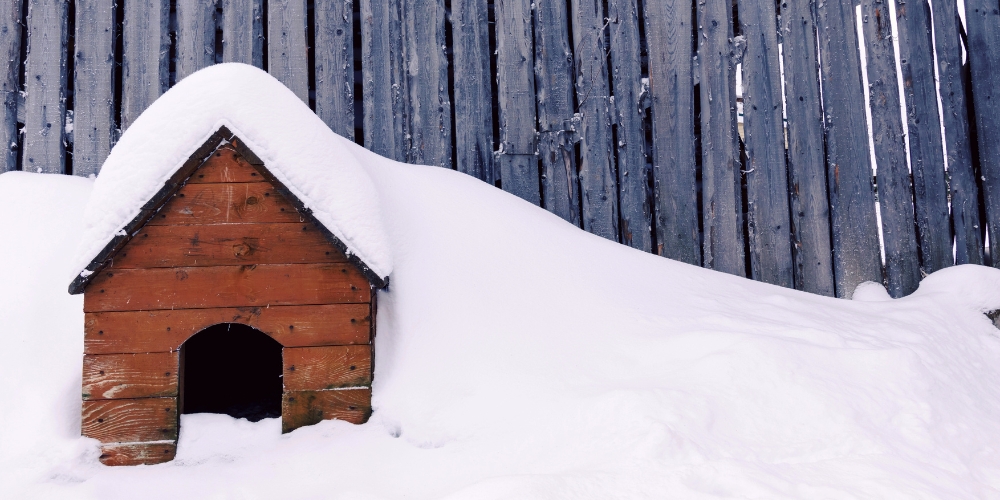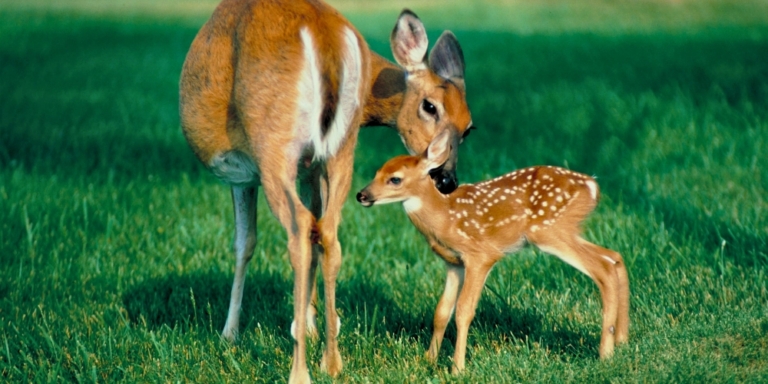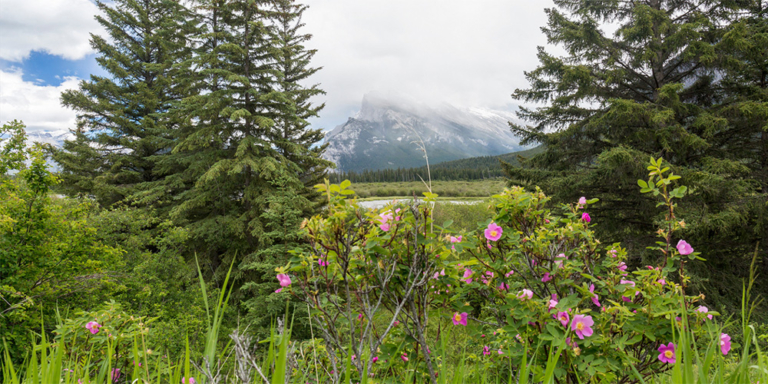The housing market is in ruff shape, but some of our four-legged friends will be in luck this winter. A partnership between Îyârhe (Stoney) Nakoda First Nation, Calbridge Homes, Integrity Building Products, and the Cochrane and Area Humane Society is bringing doghouses to the Nation.
“This will … hopefully make owners’ lives and the shelter’s life easier. There are at least 13 dogs that will have an easier winter,” Pascal Richard, protective services manager with Nakoda Emergency Services, told the Rocky Mountain Outlook.
The dog houses will provide pups a place to stay warm during the colder months.
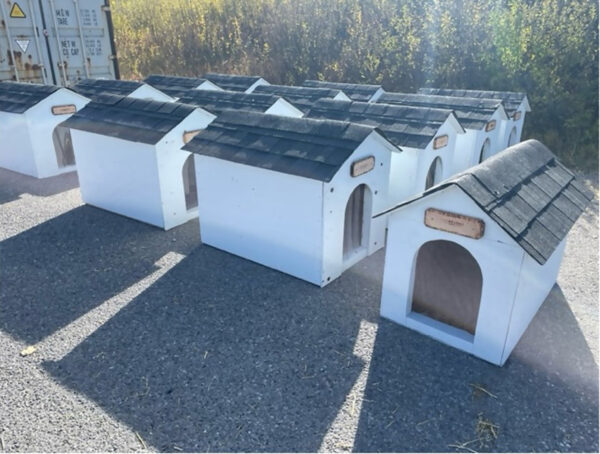

While this is great news for dogs in the area, the collaboration speaks to a bigger issue in the community. Throughout the winter, the Cochrane and Area Humane Society sees a steady intake of roaming dogs.
Jaimie Anton, operations manager with the Humane Society, claims well-meaning people are picking roaming dogs and bringing them to the shelter to ‘rescue’ them from the cold.
In reality, many of these dogs have loving owners on Îyârhe (Stoney) Nakoda First Nation. People mistakenly think they are abandoned because they are allowed to roam freely.
This is because the Stoney Nakoda have a unique relationship with their furry companions. The Nakoda AV Club’s documentary Ahomapénî: Relations and Rez Dogs sheds light on the cultural differences between Indigenous and non-Indigenous people concerning pets.
Jarrett Tymen, the documentary’s director, commented that the real orphans are the dogs abandoned by city-dwellers from nearby communities and dumped off on reserves. Tymen’s point speaks to the growing number of dogs in the Nation. Many of these dogs were abandoned by non-residents, resulting in more strays on the reserve.
Due to a growing number of strays hanging around, dog packs have started forming. In some cases, these dogs are aggressive toward people.
To break up these packs, the RCMP is working with the community to identify if dogs are abandoned and spaying and neutering when necessary. The RCMP is also helping these animals get adopted through shelters like the Cochrane Humane Society.
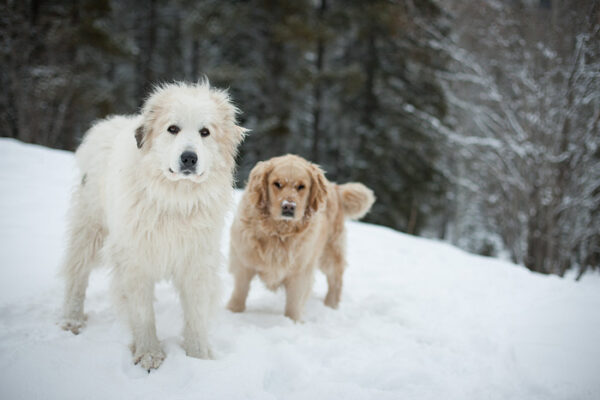

Some roaming dogs become aggressive, especially when starving. From January to mid-June of this year, protective services for the area received over 40 calls related to aggressive dogs attacking and killing other animals.
And it’s getting worse. Protective services only received 14 such calls in 2022. Part of the increase is due to many people who can no longer care for their dogs, abandoning them because shelters are full.
“RCMP has helped us out, and some of their members have helped us to relocate unowned, roaming dogs to places like the Cochrane Humane Society,” said Richard.
In April and August, the Humane Society offered a spay and neuter clinic nearby in Mînî Thnî, where 20 animals were treated simultaneously. Next month, the University of Calgary will offer an animal health clinic in the Nation to spay, neuter, and vaccinate pets.
The University held the same health clinic in March at the Chief Goodstoney Rodeo Centre and saw more than 300 pet dogs and cats over eight days. With winter right around the corner, neutering and spaying roaming dogs is especially important to prevent unwanted litters and reduce the number of stray dogs.
Dogs in the Nation without owners are left to fend for themselves against starvation and the cold during winter. The Nation’s latest partnership will provide relief for some pups over the winter, but not all.
By reducing the number of canines in the Nation, organizations like the Humane Society will have more resources to ensure more pups are cared for.

